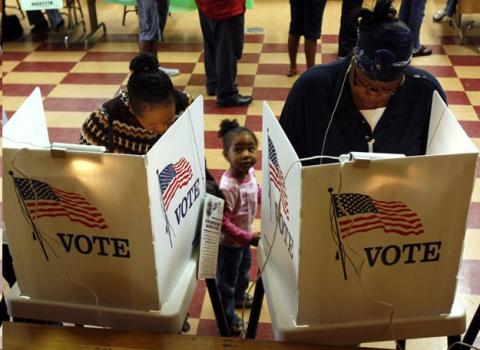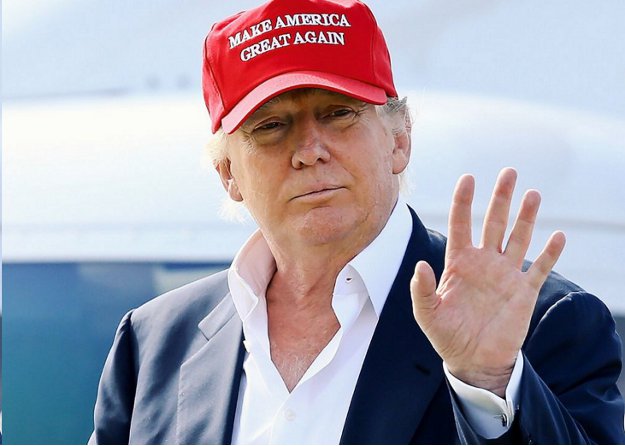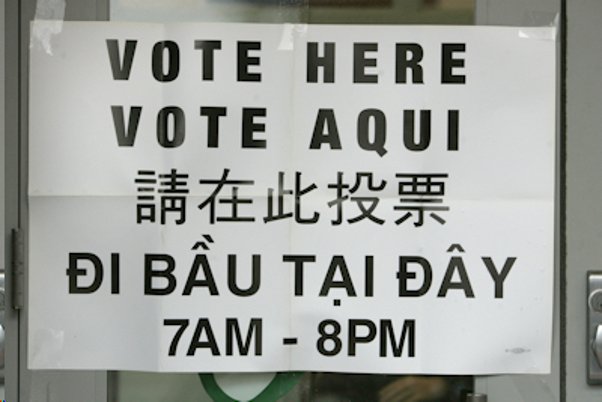GOP Voter Suppression and the Threat to Democrats

This is an excerpt from an article originally published in the Louisiana Weekly. Read the rest here.
New Jersey Democratic Senator Corey Booker flatly called the Georgia gubernatorial election a theft for GOP winner Brian Kemp. This was not partisan hyperbole. Thousands of eligible votes weren’t registered, were tossed, discounted, or ignored. The process was only slightly less muddled and outrageous in Florida, where there were also widespread reports of irregularities, incompetence, fraud and manipulation.
The result in both states was that Democratic contender Stacey Abrams in Georgia and Andrew Gillum in Florida didn’t make history by being the first black governor in their states. Instead they made history by being embroiled in rancor and controversy over the vote process. The brutal reality, though, is that no matter how many votes Gillum and Abrams got or would have gotten in a fair process where all the votes were allowed and counted, their defeat was almost preordained before the first shout of voter fraud was made in their races.
Voter suppression is a well-documented fact of life in American politics. The GOP has welded it as a potent weapon to assure its continued domination of American politics. The even more terrifying reality is that voter suppression has the force of law behind it. Kemp in Georgia was the crudest example of that. As secretary of state, he could legally make the call about which votes could and couldn’t be counted. The lawsuits that were filed against his blatant voter suppression were at best stopgap efforts to blunt some of the damage. They did absolutely nothing to change the legal authority Kemp had to make the call about the voting process.

The voter suppression ploys the GOP employs in a variety of other stats include closing polling places limiting voting hours, a rigid requirement for ID, and outright purging voters from the rolls if they haven’t voted in a recent election. These were all upheld by various courts, including the U.S. Supreme Court. With few exceptions, the other GOP voter suppression ploy of tightly gerrymandering districts to make it impregnable to a Democratic contender has also been let stand in court challenges. This combined with the control of the vote process by GOP governors and GOP-controlled legislatures in Florida and Ohio, the two states that virtually determine who sits in the Oval Office, heighten the danger to Democrats in 2020.
But it’s the legality of voter suppression that is the tough nut to crack. Its impregnability was made possible by the GOP’s crass, cynical, but stupendously successful assault on the landmark 1965 Voting Rights Act. In 1981, despite some grumbles and idle threats to oppose its renewal from a few in the Reagan administration, President Reagan dutifully signed the renewal legislation.
A quarter-century later, a core of House Republicans stalled the legislation for more than a week and demanded that hearings be held. They used the same old argument that it punishes the South for past voting-discrimination sins, and they didn’t like the idea of bilingual ballots again. Despite the challenge, President Bush signed the renewal of the Voting Rights Act in 2006. The renewal by two conservative GOP presidents seemed to assure that any effort to scrub the Voting Rights Act from the federal books was a pipe dream.

It wasn’t. The GOP demanded that the High Court scrap the act as outdated, discriminatory, and a blatant federal intrusion into states’ rights. GOP state attorney generals in several states endorsed the challenge.
The Supreme Court obliged. In a landmark ruling, it dumped the key requirement that Southern states get “preclearance” from the Justice Department before making any changes in its voting rights laws and procedures.
This article originally published in the November 26, 2018 print edition of The Louisiana Weekly newspaper.
This is an excerpt from an article originally published in the Louisiana Weekly. Read the rest here.
Highbrow Magazine






























































































































































































































































































































